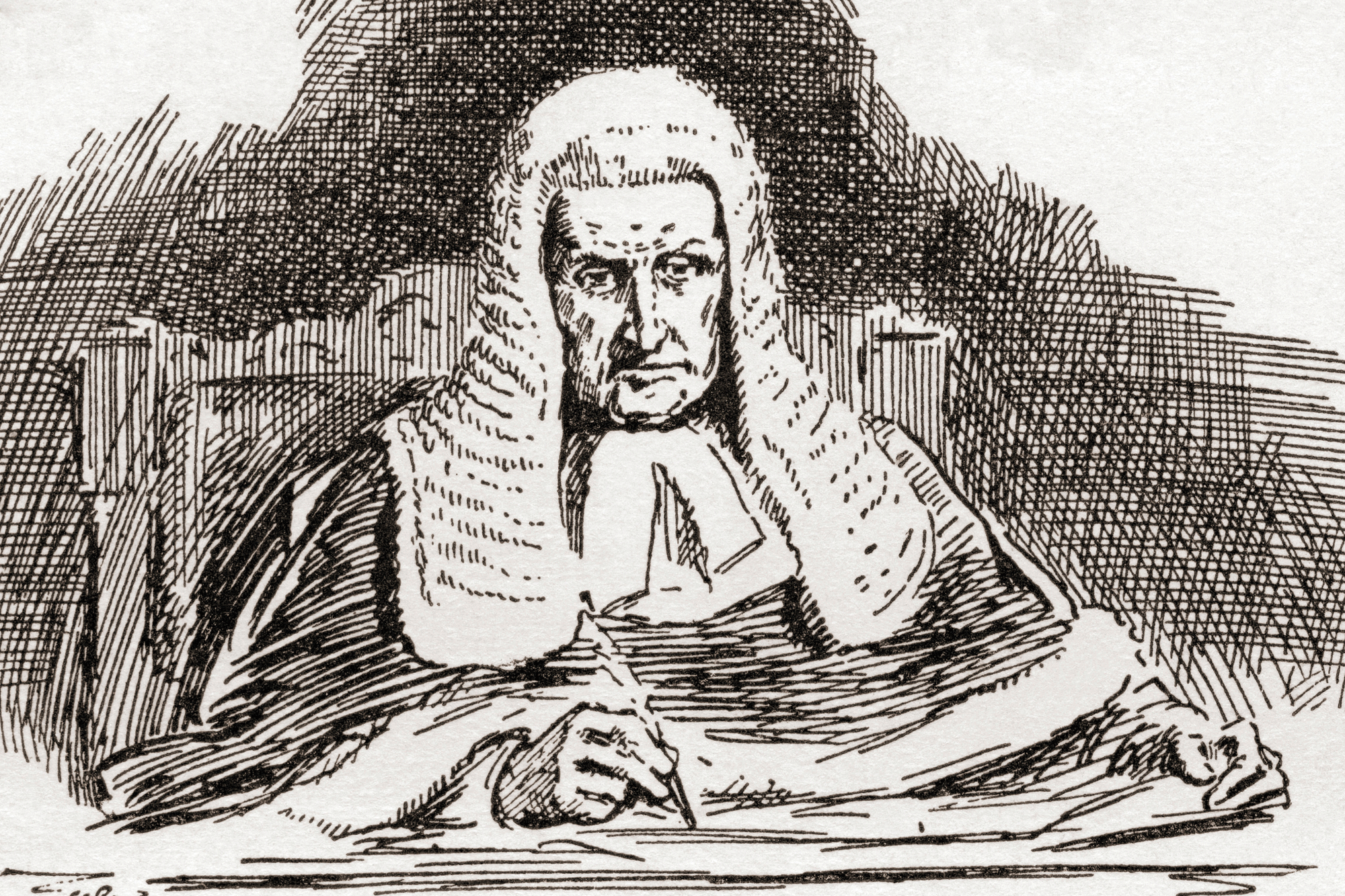Being a Judge in the Modern World
Professor Jeremy Cooper
£24.99, OUP
The world has moved on since a judge asked ‘who are the Beatles?’. Judges were mainly white, upper-class Oxbridge-educated ex-barristers. Like members of the royal family, they were treated with reverence. Unable to defend themselves, they were expected to say nothing controversial. Times have changed, however, since JAG Griffith’s book The Politics of the Judiciary was published in the 1970s.
Cooper’s book features a collection of lectures by members of the judiciary. Most are by serving senior judges, many of whom have been closely involved in the reform of the judiciary. In addition, there are articles from a Caribbean perspective. There are contributions too reflecting the press and civil liberties points of view.
I can only spot one former solicitor in this assembly of the good and the just – which probably says a lot.
They are all varied contributions to the debate on what sort of judges do we, as members of the public, want or expect. We want judges to give first-class decisions, be independent and professional – and in the main, they do that. Solicitors also probably expect their judges to understand the limitations on our work (whether or not they do that is debatable).
Professor Cooper is a well-known academic and leading trainer of judges. The judiciary is now well trained and, to some extent, appraised by peers.
Anyone who has even glanced at the Judicial Appointments Commission website, or signed up to the email alerts, will know that recruitment is now very sophisticated.
Until recently, judges were represented at cabinet level in government. The relationship between politicians and the judiciary has not always been easy. The Supreme Court will continue to evolve against a background of Brexit and the reduction in influence of courts outside the UK.
The training and recruitment of judges, whether magistrates or appeal court judges, is a subject of great importance to solicitors. The judiciary must reflect the society it judges with regard to ethnicity, gender and upbringing.
So, let us have more solicitor- judges at every level. We hear a lot about the increasing demands on the judiciary. However, a career as a judge at any level is usually so much better than working as a solicitor.
I expect the judge who asked about the Beatles knew very well who they were. He wanted to be thought of as slightly above such matters.
The public probably want their judge to be like the royal family – aloof and adored.
David Pickup is a partner at Pickup & Scott Solicitors, Aylesbury
































No comments yet